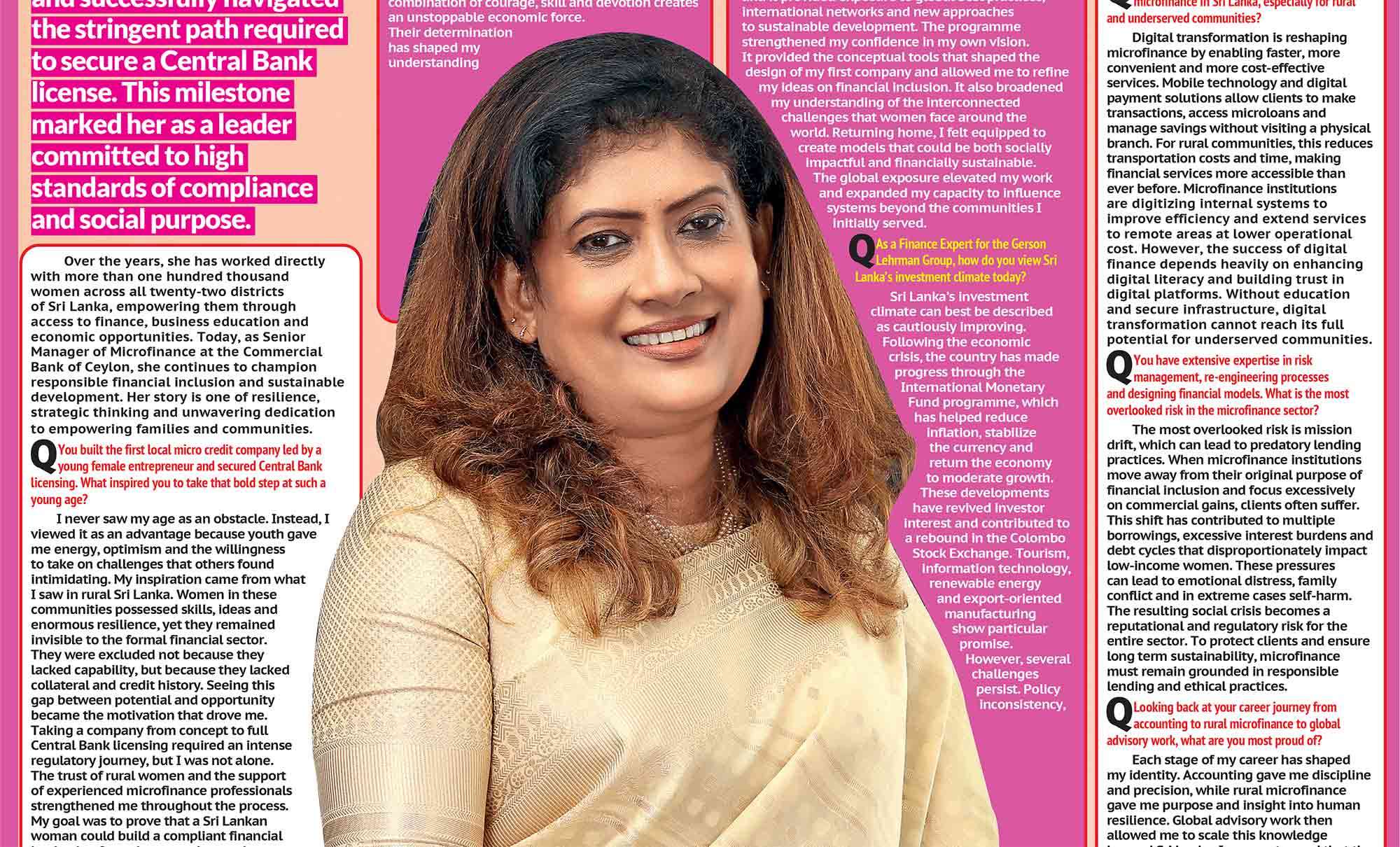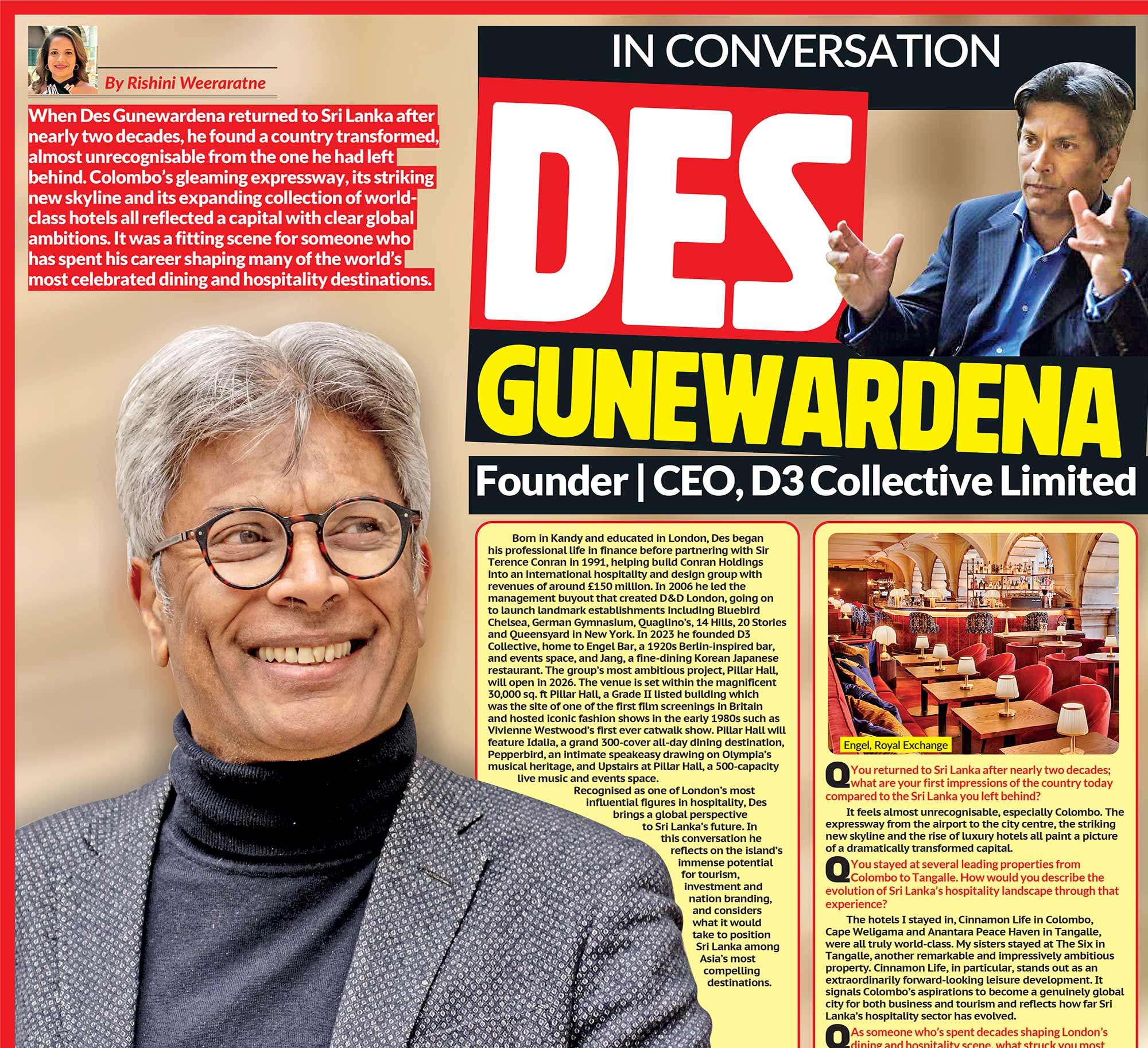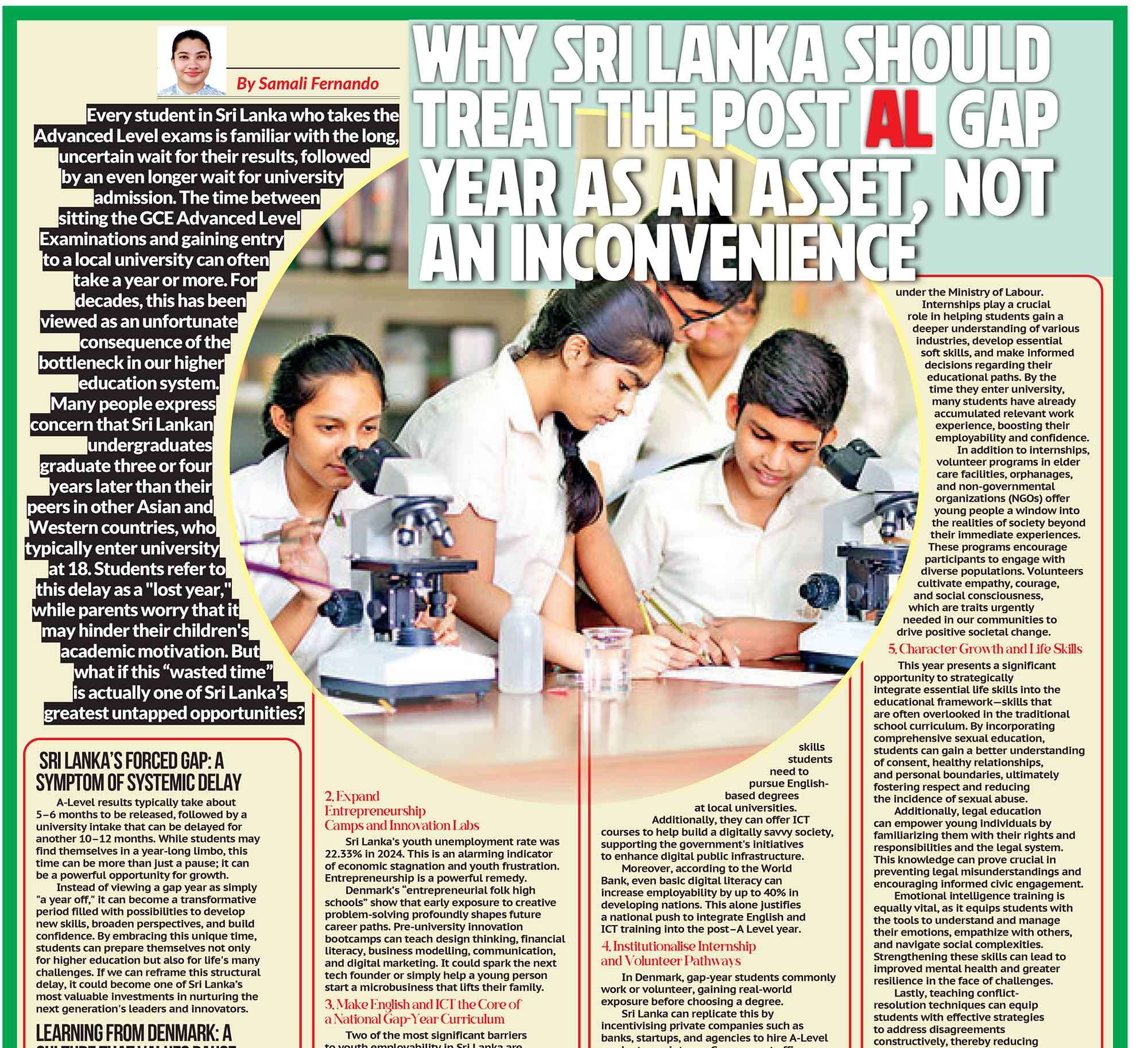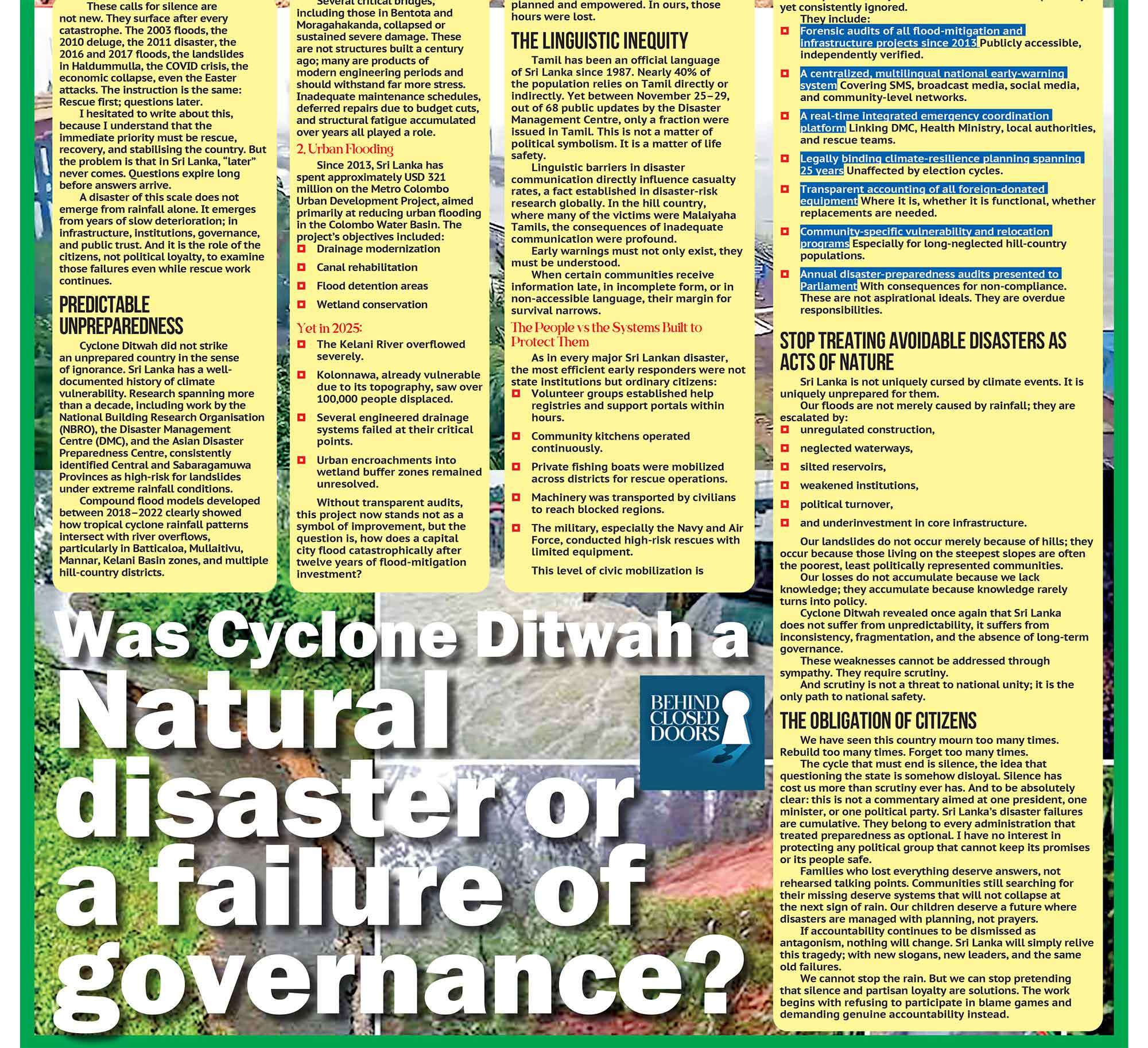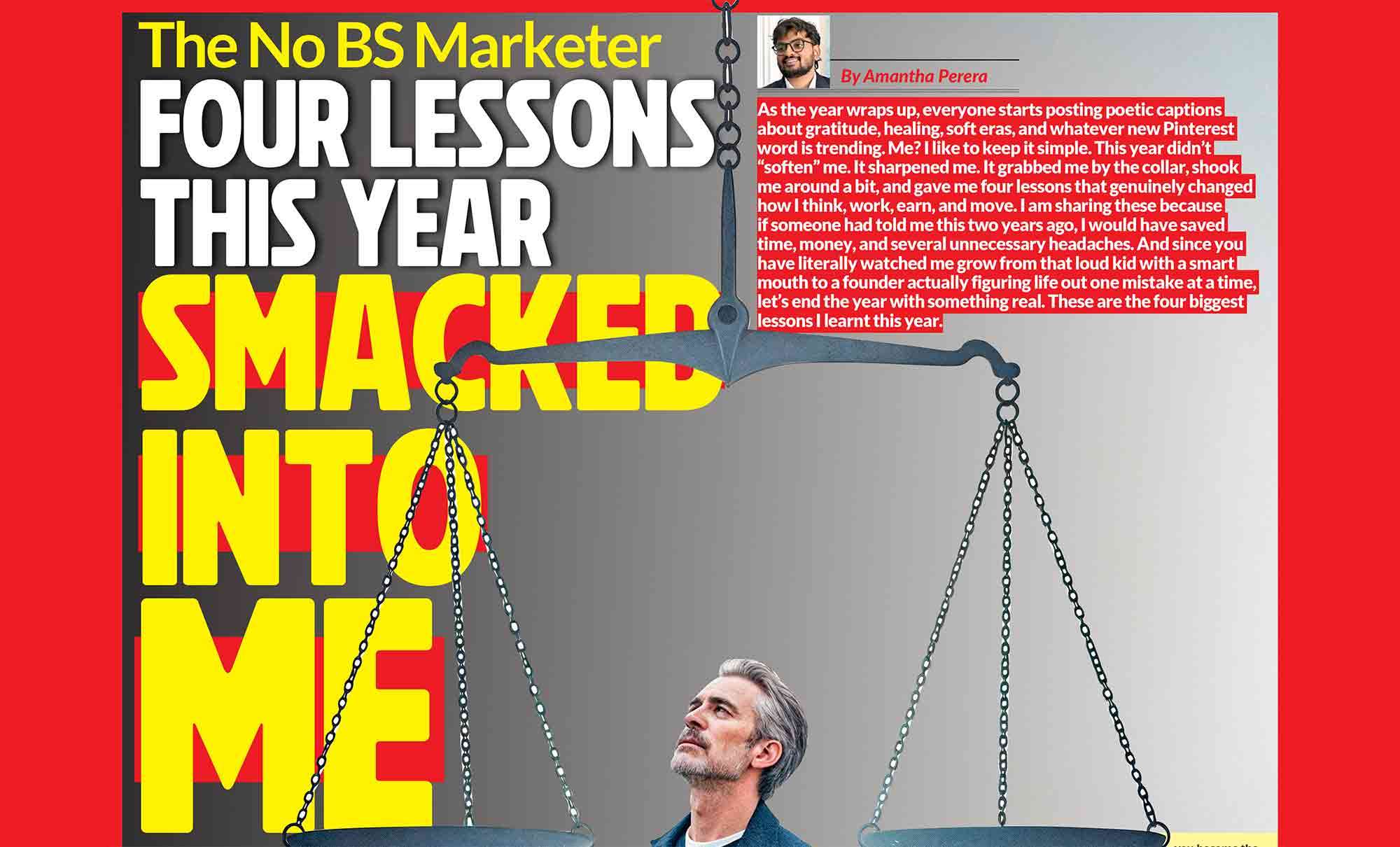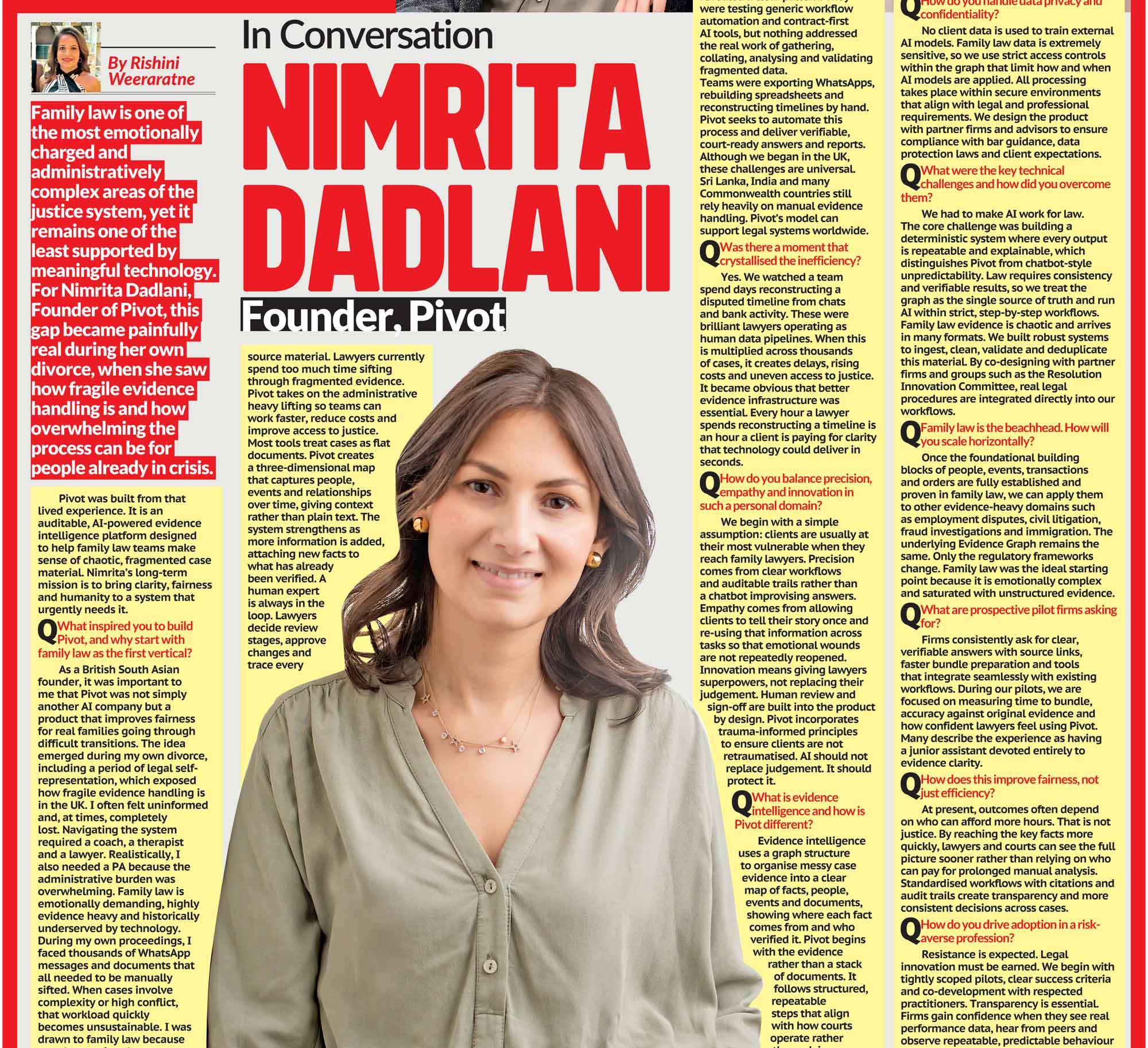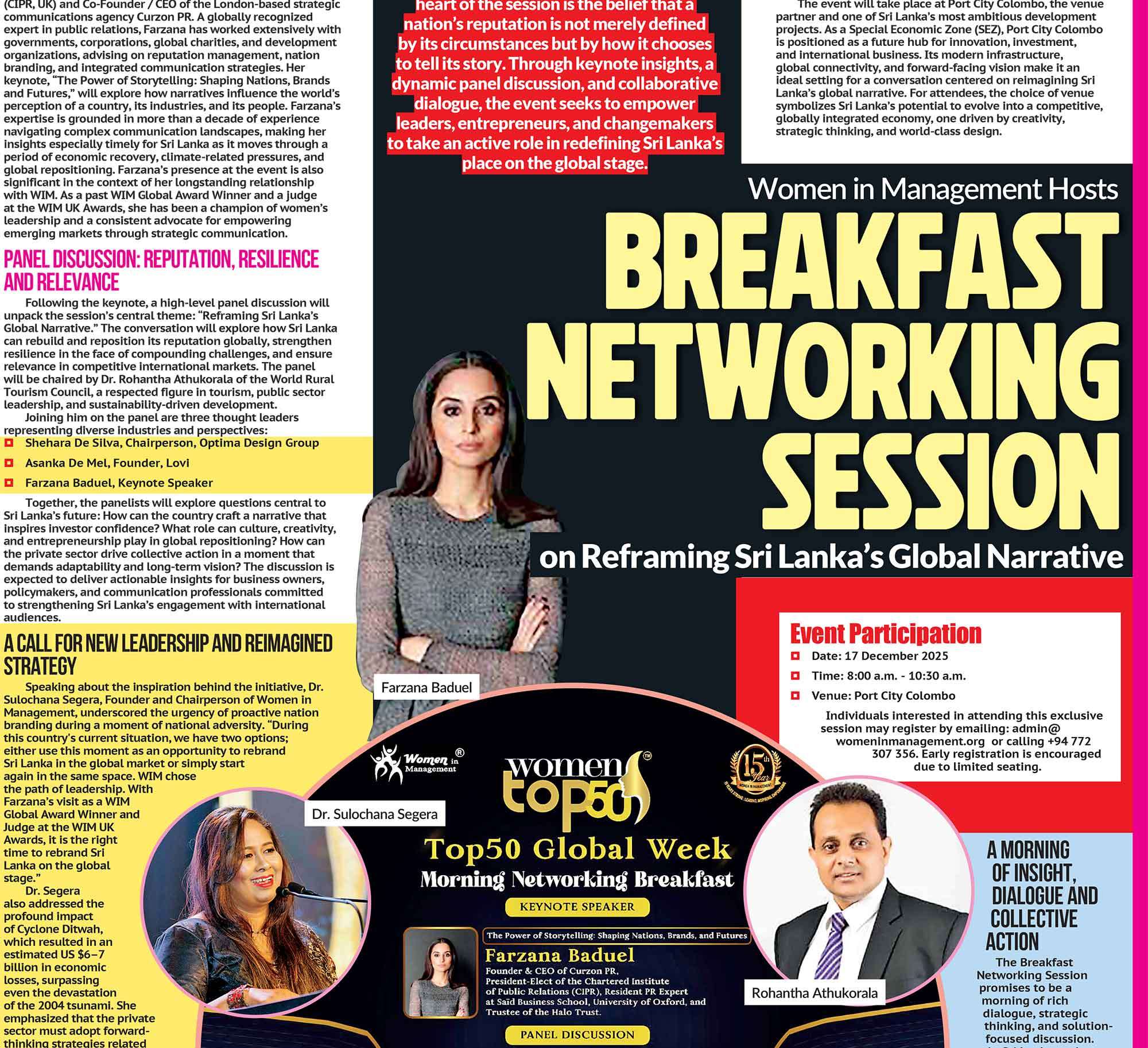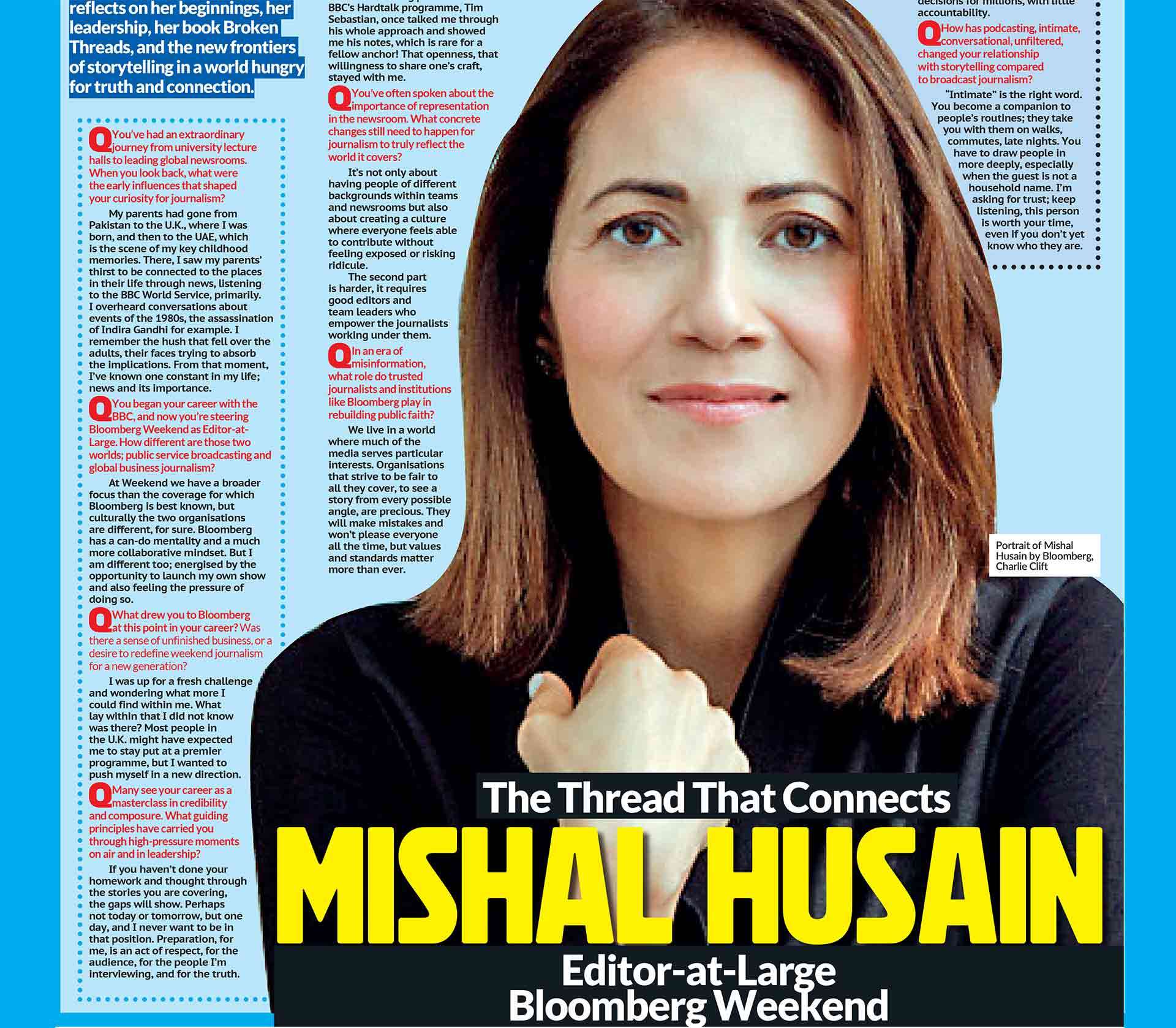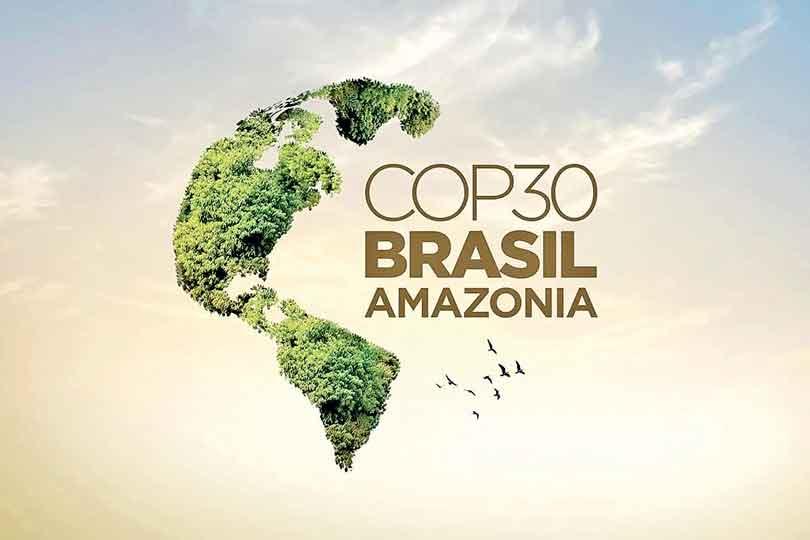

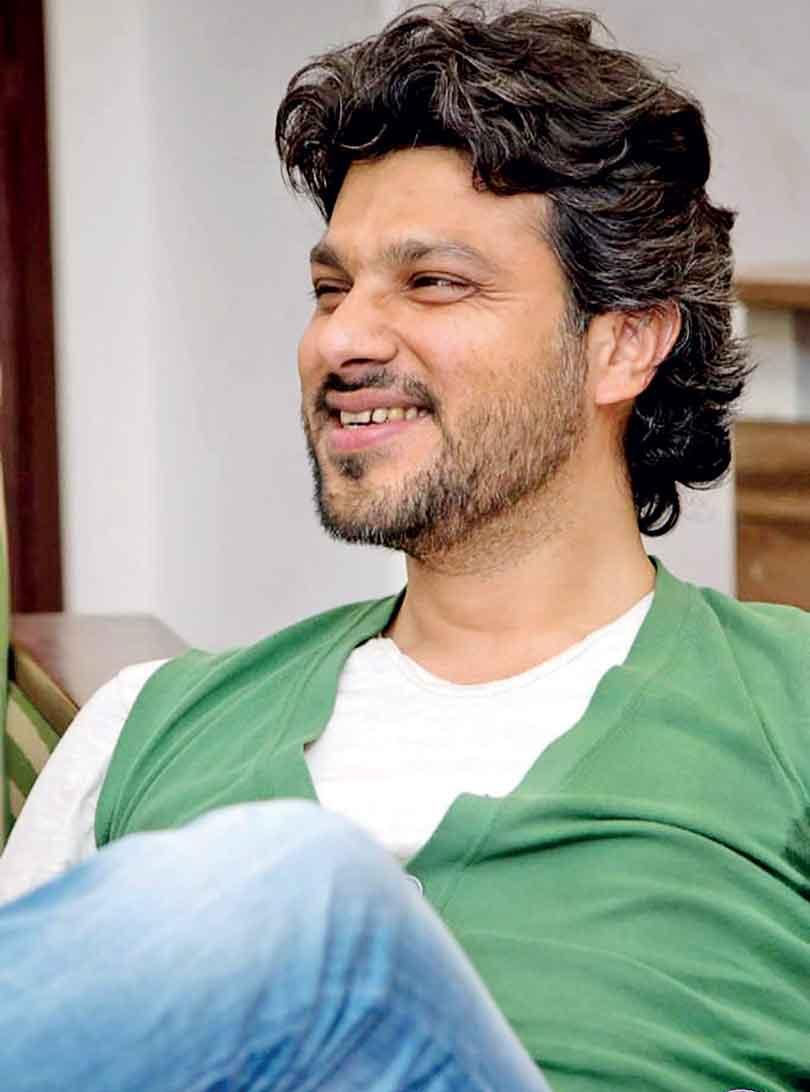
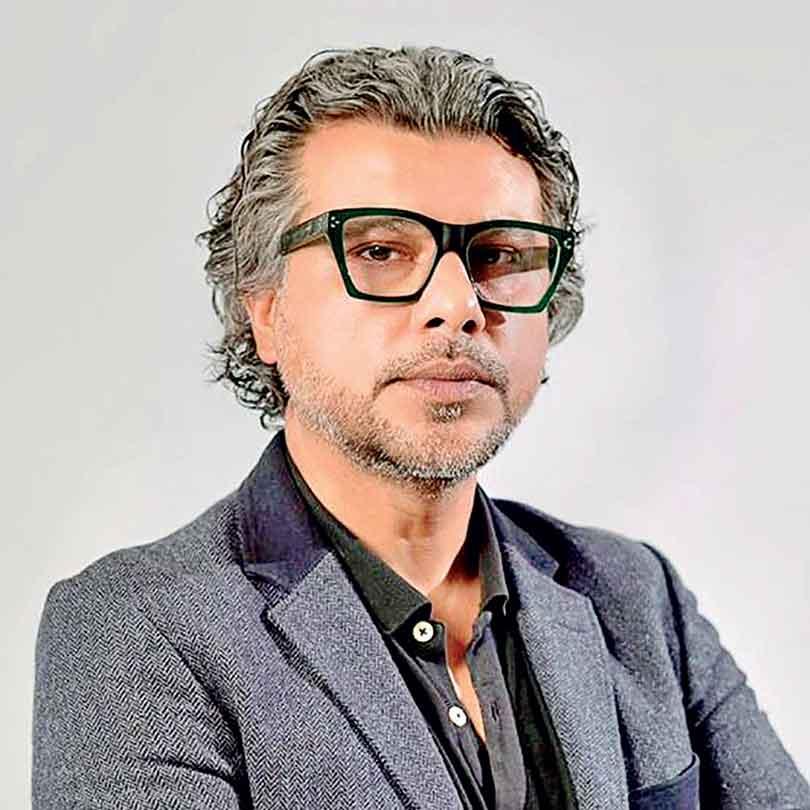
 In Part One, we explored how Sri Lankan SMEs and communities can access climate finance. This week, we turn to the bigger picture: what must COP30 deliver for vulnerable economies, and how can small nations like Sri Lanka punch above their weight in global climate negotiations?
In Part One, we explored how Sri Lankan SMEs and communities can access climate finance. This week, we turn to the bigger picture: what must COP30 deliver for vulnerable economies, and how can small nations like Sri Lanka punch above their weight in global climate negotiations?
WHAT COP30 MUST DELIVER FOR SMALL ECONOMIES
Q: From your perspective, what three measurable outcomes must COP30 deliver for small, vulnerable economies like Sri Lanka?
For COP30 in Belém to truly help vulnerable economies like Sri Lanka, I see three non-negotiable outcomes. First, a tangible boost in climate finance that reaches frontline communities. We need the lofty $300 billion goal to come with concrete intermediate targets and enforcement. For example, by 2027 at least $40 billion should be flowing annually for adaptation, doubling the recent $20–30 billion level. And a significant share of this must be grants, not loans, for the poorest countries. Second, a clear commitment on phasing out fossil fuels with timelines. Small economies are tired of ambiguous language. An outcome like "global coal power phased out by 2030, oil and gas by 2040 for major emitters" with differentiated timelines would be game-changing. It directly affects us because it drives global decarbonization and reduces climate impacts long-term. Third, mechanisms to ensure accountability on promises. This could mean an agreement that progress on each country's climate pledges will be reviewed annually with civil society input, or even a penalty for backtracking.
Q: COP29 avoided a firm commitment to transition away from fossil fuels. How can smaller nations like Sri Lanka exert diplomatic leverage at COP30, through coalitions, coordinated positions, or other tactics, to force this conversation back on the agenda?
Smaller nations can certainly punch above their weight through smart coalition-building and moral leverage. We saw at recent COPs that a single country or a small group can stall progress on fossil fuel commitments. At COP29, consensus on a fossil phase-out plan was blocked, reportedly by major oil producers. To counter that, Sri Lanka should align with coalitions like the Climate Vulnerable Forum, the V20, AOSIS (Alliance of Small Island States), and even the High Ambition Coalition which includes progressive developed countries. By presenting united, well-coordinated positions, we amplify our voice. Another tactic is leveraging media and public opinion. Smaller nations can be very effective by highlighting the injustice: "We are drowning, literally, while big emitters delay." This shame and pressure approach does influence larger countries, especially democracies. We might also support procedural changes. There's talk of moving away from unanimous decision-making towards majority voting on climate issues. While not yet reality, Sri Lanka could advocate for that, it would prevent one or two petro-states from vetoing global consensus. In the meantime, we maximize our diplomatic capital by forming issue-based alliances.
Q: COP communiqués often sound promising but lack teeth. What accountability or enforcement mechanisms should civil society and governments demand at COP30 to ensure commitments are implemented rather than shelved?
We've had enough of nice words with no follow-through. COP30 needs to hard-wire accountability. I'd advocate for creating an independent climate accountability mechanism under the UNFCCC. Think of it as a watchdog body that monitors countries' progress on their commitments and flags non-compliance. This could involve an ombudsperson or panel that reviews evidence of what's been done, or not done, each year. Civil society could bring complaints to this body if, say, a major emitter keeps overshooting targets or a rich country renege on finance pledges. Another idea is to institute mandatory annual progress reports for all countries, not just those soft "national communications," but a standardized report card that details emissions trends, climate finance delivered, and so on, made public for everyone to scrutinize. We should also empower non-party stakeholders: give observer groups and experts a greater role in official reviews, so it's not just governments marking their own homework. Sri Lanka and allies can demand that the final COP30 text include an "implementation and accountability framework", maybe establishing a task force or using the Paris Agreement's Article 15 committee (which is currently facilitative) to actually enforce compliance. Independent monitoring is key. Perhaps task organizations like UNEP or the Climate Action Tracker consortium to provide yearly independent assessments that COP formally takes note of.
FIXING THE COP SYSTEM
Q: You've attended multiple COPs. Why do these conferences keep failing to deliver, and what single structural reform could make them more effective for vulnerable nations?
Having attended multiple COPs, I've seen lofty ambition drowned by process. Consensus paralysis gives every country an effective veto, so outcomes sink to the lowest common denominator. At COP28 and COP29, a few fossil-fuel states blocked a full fossil phase-out. Commitments are voluntary and unenforced, vested interests swarm the talks, hundreds of fossil lobbyists at COP28, and big emitters dominate agendas, so delay and dilution prevail. The structural fix is to end unanimity: adopt majority voting or a no-veto rule on key items. Say, a 75% threshold, so a high-ambition, climate-vulnerable majority can pass strong measures. Most international bodies use voting; even ICAO does. Tie science to decisions by making IPCC recommendations the default unless actively voted down.
Q: Some argue small economies should refuse to endorse inadequate agreements. Under what conditions would walking out or withholding consent be strategically useful?
Walking away or withholding consent is drastic but can be powerful for small economies. Use it when a COP deal betrays core interests, for example, no Loss and Damage, green-lighting fossil expansion, ignoring 1.5°C, or lacking credible finance mechanisms. Do it collectively. If LDCs or AOSIS refuse to endorse, it undermines legitimacy, drives headlines that the most impacted reject the outcome, embarrasses major powers, and can force improvements or reopen talks. Precedent exists: at COP29, some developing countries and island states walked out in frustration.
Withhold consent too if procedural fairness is violated, for example, deals struck without smaller nations present. Be sparing: overuse risks sidelining you. But when survival is at stake and the text offers only crumbs, vague finance with no numbers or a watered-down adaptation goal, Sri Lanka and allies should consider saying no deal is better than a bad deal, betting that moral leverage yields a stronger agreement at an intersessional or COP31.
Q: If you were advising Sri Lanka's climate ministry, what should they prioritize in the 90 days leading to COP30, in terms of coalitions, data, and coordinated demands?
In the 90 days before COP30, prioritize coalitions, data, and clear asks.
- Build and join blocs
Coordinate tightly with CVF and AOSIS, plus like-minded allies across Africa, Asia, the Pacific, and the Caribbean. Draft joint statements and unified text. Form a "friends of ambitious outcomes" group. Engage majors like the EU to back fossil phase-out. Aim to arrive as part of a 50-nation alliance.
- Arm yourself with evidence
Refresh impact assessments and finance needs, including the Climate Prosperity Plan's $26.5 billion by 2030 figure. Assemble case studies on recent disasters and 2035 sector risks. Prepare a simple metric showing every $1 of adaptation saves $X in losses.
- Define top asks and campaign them relentlessly
For example, operationalize the Loss and Damage Fund with specific contributions, and secure a global fossil fuel phase-out. Send envoys to key capitals, brief ministers for all pre-COP forums, and convene a CVF ministerial to agree on a common pitch.
- Finalize delegation readiness
Assign leads per track, rehearse interventions, pre-draft texts and amendments, and line up co-sponsors.
- Shape the narrative
Publish op-eds and hold briefings to raise public pressure.
The outcome? A focused, allied, data-driven Sri Lanka that leads rather than pleads at COP30.
COP30 in Belém represents a critical juncture. For Sri Lanka and similar vulnerable nations, it's not just another conference, it's potentially the moment when diplomatic strategy, moral authority, and coordinated action can shift global climate governance toward justice and effectiveness. The question is whether we'll seize that opportunity or settle once again for inadequate compromises.
Next week in Part 3, we'll explore practical resilience strategies for Sri Lankan businesses and communities, from garment factories navigating ESG standards to informal workers building climate safety nets.
About: Faraz Khan, MBE: CEO & Partner at SpectrEco and Founder and Director of SEED Ventures, Faraz Khan has decades of experience in impact investment and sustainability across South Asia. He has attended multiple COP conferences and works with businesses and governments on climate strategy and finance.


